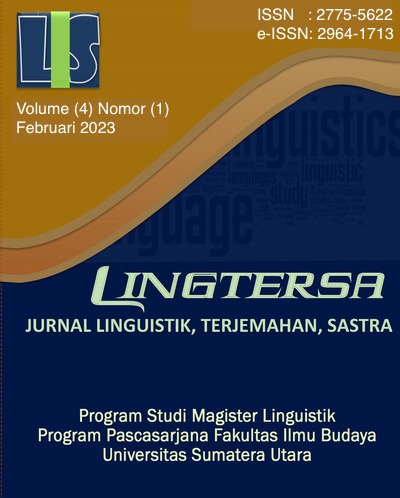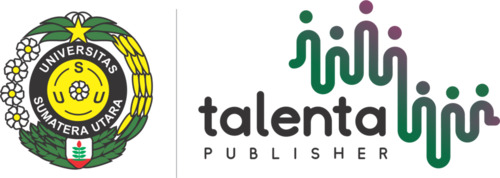THE YOUNG GENERATION ATTITUDES OF THE INDONESIAN LANGUAGE USE IN BULUKUMBA REGENCY
DOI:
https://doi.org/10.32734/lingtersa.v4i1.11138Keywords:
Language attitudes, language use, and sociolinguisticsAbstract
The language used in Bulukumba Regency has its uniqueness. This is because the younger generation uses the Bugis language more often than Indonesian. The dominance of the Bugis language is interesting because Konjo, Makassar, and Indonesian languages are less visible. In this regard, this study seeks to explore the attitudes of the younger generation towards Indonesian language use in the Bulukumba Regency. This aims to identify the perceptions of the younger generation towards the Indonesian language. This perception is also associated with the younger generation’s use of language. The research method uses questionnaires and direct observation by collecting data in Botonhari District and Ujungbulu District, Bulukumba Regency. The research respondents were 50 young people aged 16—30 years. The research technique uses proportional stratified random sampling. As a result, the attitude of the younger generation towards the use of the Indonesian language tends to be positive. This positive attitude does not make the Indonesian language use increase in this area. This is because the younger generation is still used the Bugis language more than the Indonesian language. In addition, the Bugis language is more able to accommodate the expressions of the younger generation in Bulukumba Regency.
Downloads
Downloads
Published
How to Cite
Issue
Section
License
Copyright (c) 2023 Linguistik, Terjemahan, Sastra (LINGTERSA)

This work is licensed under a Creative Commons Attribution-ShareAlike 4.0 International License.









